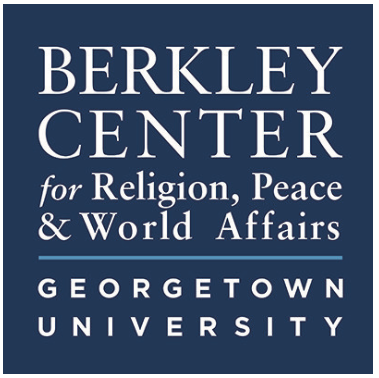
Throughout August and September, the Berkley Center for Religion and World Affairs at Georgetown University, through its Berkley Forum, has issued a series of reports and reflections on Covid-19 and the Russian Orthodox Church that provide an important resource for understanding changes taking place in church-state relations in Russia. Several writers note how the pandemic may be a watershed in testing the close relationship that has developed between the Putin regime and the church. Nicholas Gvosdev of the Naval War College writes that the Russian government’s enactment of sweeping restrictions on church activities—ranging from icon veneration to the organization of pilgrimages and church schools— has led to an erosion of trust between the church and the state. Yet the government also realizes it needs the church and the high degree of social trust it has among the public to promote vaccination in a country with a high rate of vaccine hesitancy. In another paper, sociologist Kristina Stoeckl writes that the pandemic has strengthened the interlocking church and state elites who are pressing for the revival of traditional values and nationalism. In contrast, the measures put in place to stop the spread of Covid 19 has weakened the position of ordinary Russians and members of civil society who were used to traveling abroad and engaging in an exchange of different viewpoints.

Other papers in the series also address wider Orthodox concerns about the strong resistance Orthodox churches worldwide have put up to public health measures restricting church freedom during the pandemic, including conspiracy theories spread by some theologians and church leaders and (more so among laity and priests) resistance to the vaccines; and they also address shiging church practices on social distancing and communion practices in a tradition known for its sacramentalism. These papers are available at: hhps://berkleycenter.georgetown.edu/posts/russian-orthodoxy-and-nationhood-in-the-age- of-covid-19